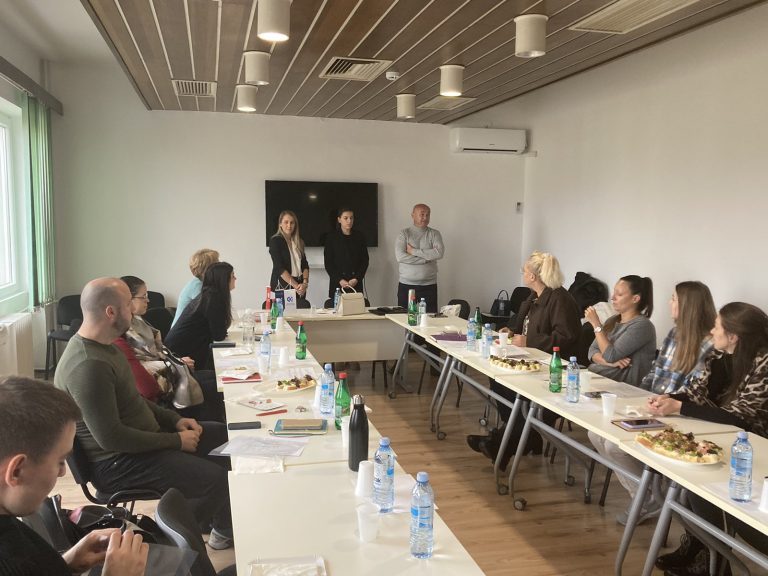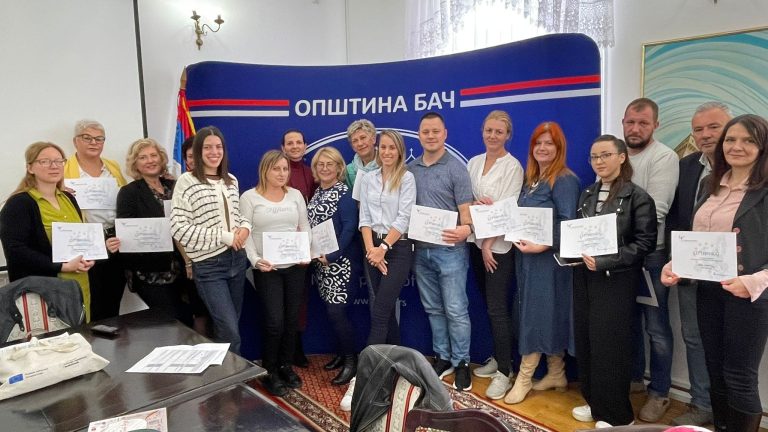A signpost to EU accession – Vojvodina as an important link

A seminar named “The Process of Serbia’s EU Accession” was held in the small hall of the Pančevo Municipal Assembly on 5 September. The topic was presented by the representatives of the Office for European Affairs of the Autonomous Province of Vojvodina from Novi Sad, Igor Bajić, Andrija Aleksić and Nenad Đuretić. Srđan Miković, President of Municipality, greeted the lecturers and participants and emphasized that the seminar was organised with the aim of improving the living standard of our citizens and as a signpost to European integration. Igor Bajić, Advisor for Structural and Development Programmes, first presented the Office for European Affairs, which had been established as a part of the Executive Council of the Autonomous Province of Vojvodina, and which organized educational seminars on the territory of Vojvodina to approach Euro-Atlantic and European integration and their standards and habits. The discussion also addressed what awaited the citizens of Serbia on that way and what the current situation was. The goal was the possibility of use of EU funds, informing the citizens and local self-governments about the process of European integration in accordance with Serbia’s situation. As Andrija Aleksić said in his statement for “Pančevac”, the accent of the seminar was on the economic part, since Vojvodina had experience, especially in CBC and possibilities of use of EU funds. On that way, Vojvodina was the key link in Serbia, which a large number of results having been addressed in the meeting proved. The presentation on the programme about the possibilities of use of funds, cooperation and all benefits that that way offered was significant, because Serbia had a strategic goal and that was EU accession. On that occasion, Aleksić talked about the CBC programme, whereas Nenad Đuretić about the funds of the Autonomous Province of Vojvodina. The seminar was aimed at the officials of Pančevo, employees of local self-government, businesspeople, presidents of the boards of directors, head teachers of elementary and secondary schools, social workers and health care workers and employees of public utility companies.





